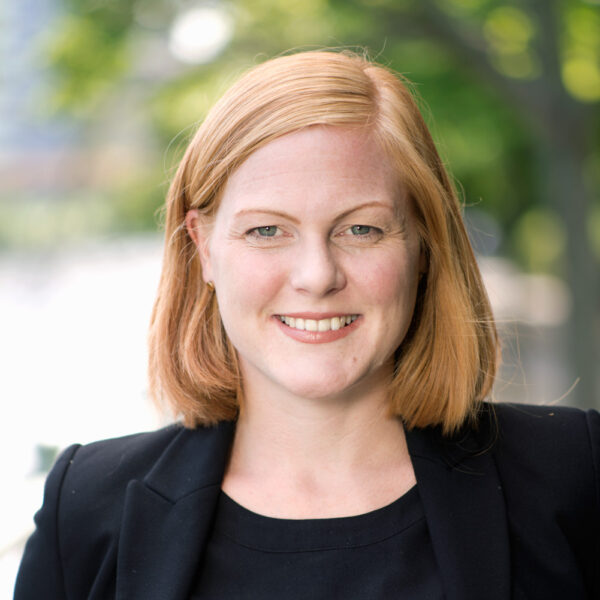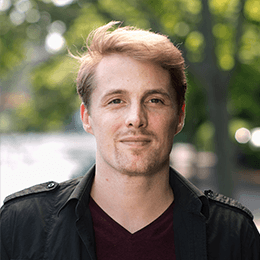The Millennium Development Goals (MDGs) were a crucial first attempt to set ambitious goals for a successful development in the 21st century. Their key shortcoming was that the poorest 20% of the global population was largely ignored in the race to improve statistical averages. The new set of goals – the Sustainable Development Goals (SDGs) – were thus created in the spirit of “leaving no one behind”. This means that the SDGs require all goals to be reached, for everyone – especially those at the margins of society.
However, the UN 2017 SDG report emphasises that data identifying who is vulnerable or what their needs are is often unavailable. This poses a great challenge if the SDGs are to be fully implemented, as we currently don’t have a full understanding of who is in danger to be left behind and what these communities would need, in order to benefit from the promises made on the global level. How can we tackle this problem?
Several of the international civil society organisations (ICSOs) that we at the International Civil Society Centre are working with – such as Save the Children, BRAC, WWF, CARE International or Plan International – have a clear ambition to contribute to the implementation of the SDGs. And as a basis for this work, they have a great wealth of data and evidence.
And yet, while all these organisations alone are making great strides, imagine:
- …these organisations came together to share the data they have and jointly set out to gather the data that is lacking?
- … marginalised groups and communities were actively involved in the gathering of new data that described their needs?
- …the data generated this way were recognised and included in the official SDG monitoring processes?
- … government, ICSOs and citizens would sit together to develop programmes and services that can help to solve the problems of marginalised groups?
Since September 2017, the Centre together with 12 ICSOs is making this a reality. Our Leave No One Behind project aims to give voice and agency to marginalised groups and communities within SDG implementation and monitoring processes, through a diverse and globally coordinated approach using community-based data.
In the current pilot phase (ending February 2019), we are focusing on national level collaboration in five countries: Bangladesh, India, Kenya, Nepal and Vietnam. In each country, the national offices of ICSOs, as well as local partners and civic platforms, come together in an unprecedented effort to create collective impact. These country teams have jointly agreed to focus on a specific aspect of the SDGs, relevant to their country’s context.
For example, in Bangladesh the focus is on ensuring a universal health care for people living at the margins of society, mainly talking to people with disabilities, ethnic minorities, migrants and the ultra-poor. The colleagues in Kenya are exploring how to strengthen community-led monitoring of SDG implementation, and in India the focus is on measuring the overall SDG progress for marginalised groups across 100 ‘hotspots’, making 10,000 families in the country.
As we all know, collaboration is a tough one and it has been a challenge to figure out the right approach and level for this collaboration. One year into the project we – thanks to the commitment of so many parties – are thrilled to see the commitment of the ICSOs and several other organisations to make this initiative a success. Our clear ambition in the upcoming months is: a) finalise and evaluate the results of the national level work, b) based on these insights develop an ambitious “blueprint” for setting up evidence-driven partnerships bringing together actors across the sectors, jointly fighting for the full inclusion of marginalised people in the SDG delivery and c) secure funding for a scaled-up version of this initiative that will be expanded to more countries until 2022.
We see a lot of potential in this initiative and we also know that there just is no other way: In order to ensure nobody is left behind in the delivery of the SDGs, actors across the sectors must join forces and pool strengths and knowledge. The ICSOs can play a key role in this, working across the globe with structures that reaches from the grassroots to the international level. One of the sector’s key strengths is this wide reach and influence and the resulting ability to trigger and shape change. The project is a key lever for showing the sector’s capabilities to make the SDGs a success for everybody, including the people who live at the margins of society – hence, failure is not an option!
We are looking forward to hearing from anyone who is interested in being part of this collaboration.











